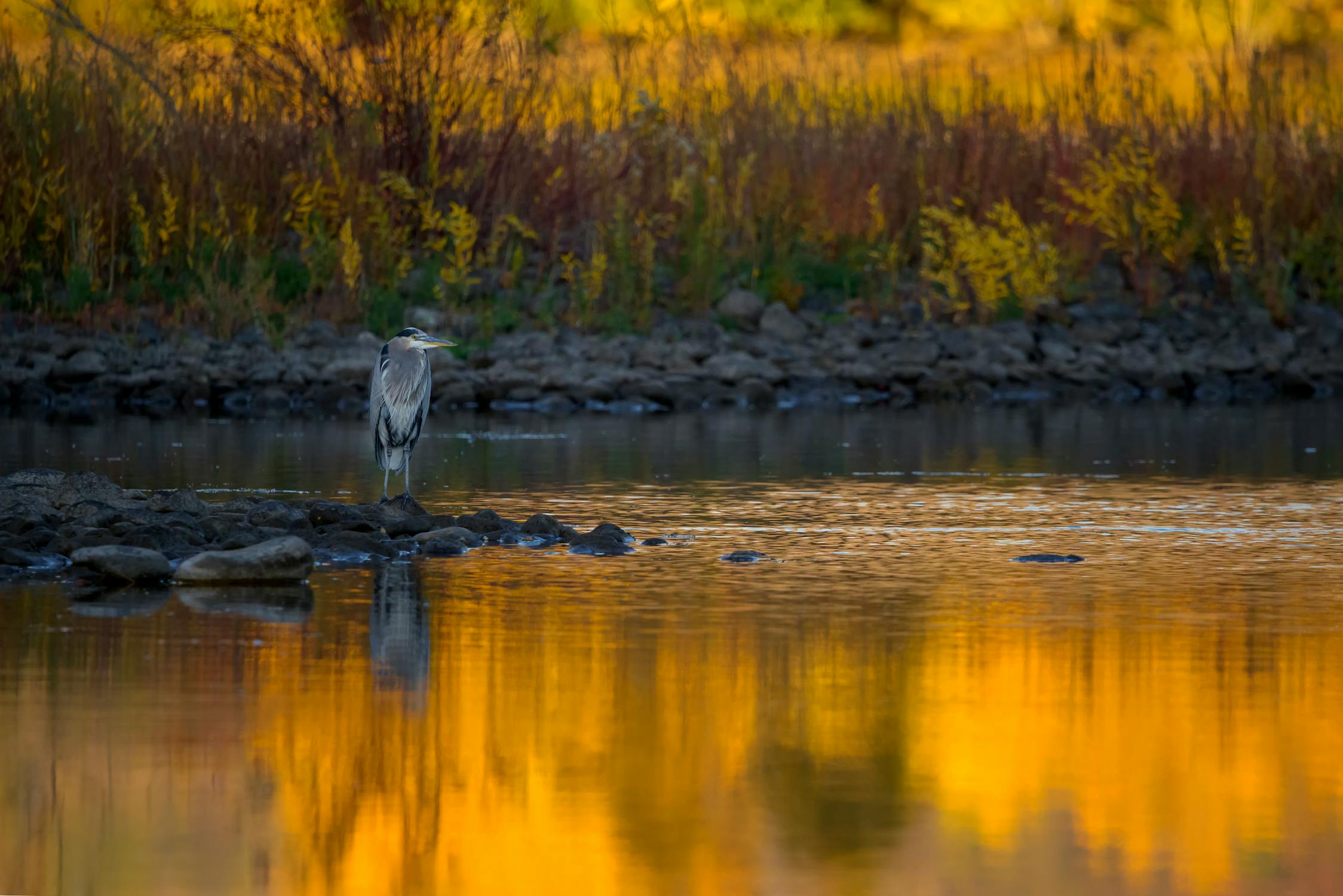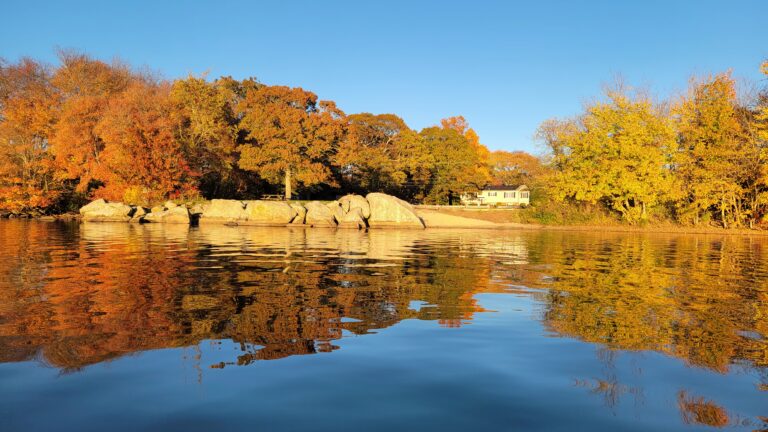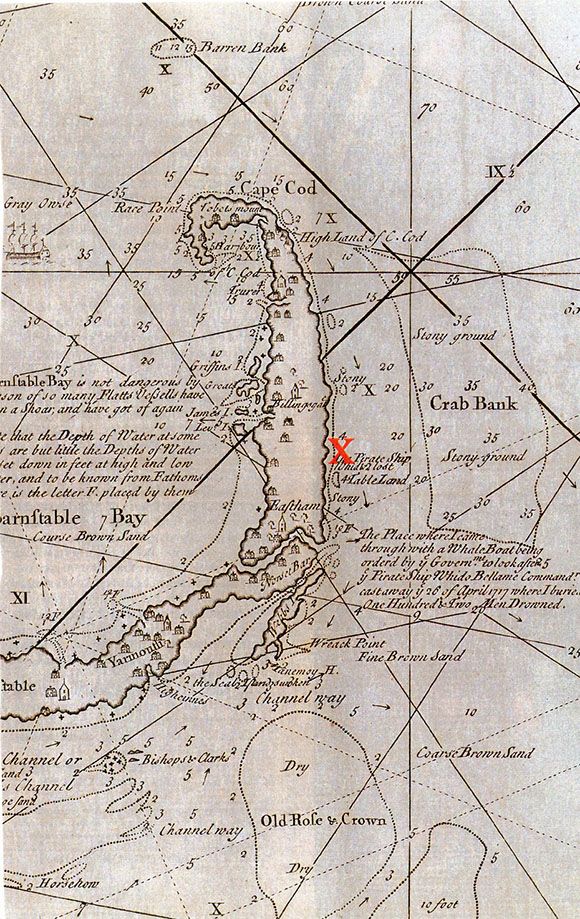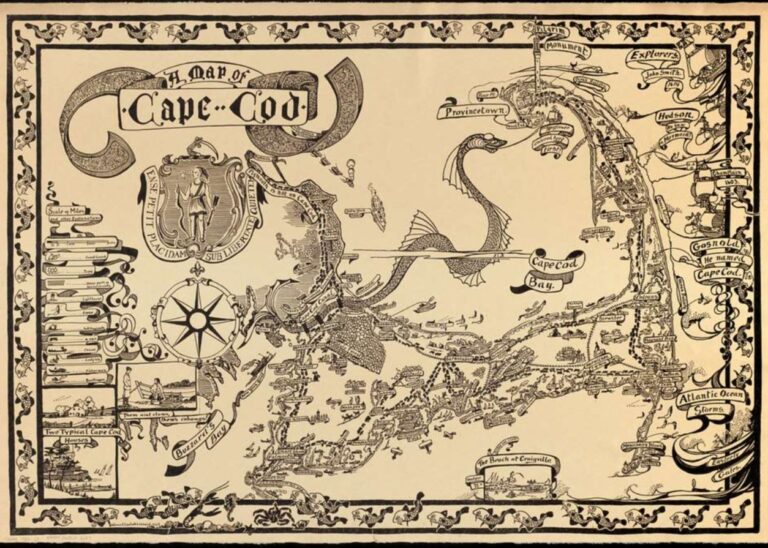Unveiling the Beauty and Importance of Freshwater Wetlands in Westport, Massachusetts
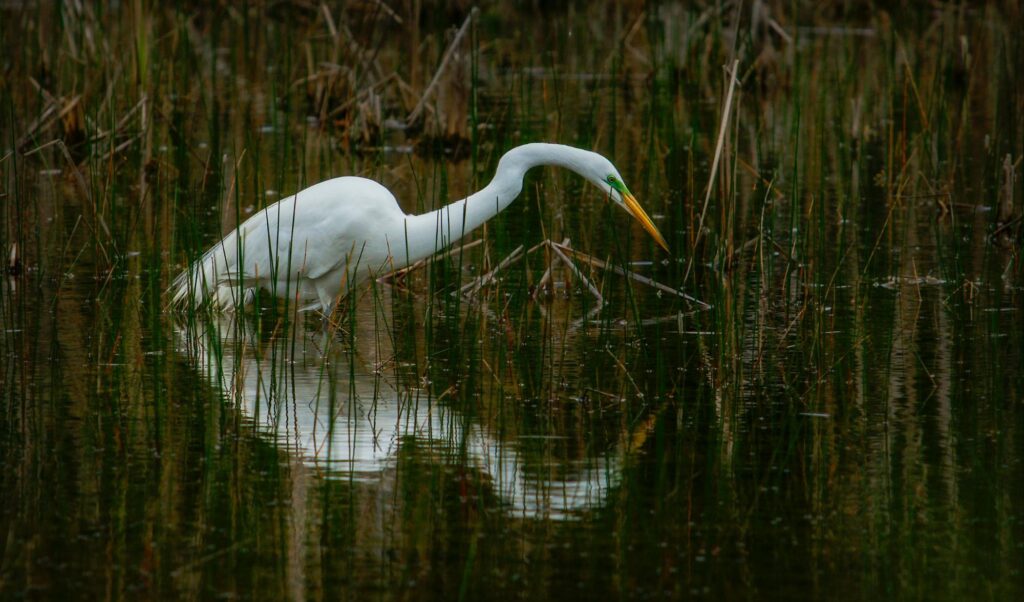
Nestled in the heart of the South Coast of Massachusetts, Westport boasts a diverse ecosystem of natural wonders, and its freshwater wetlands stand out as gems of ecological importance. These wetlands, characterized by their lush landscapes, teeming wildlife, and unique flora, play a crucial role in maintaining the balance of the local environment. In this educational post, we will explore the freshwater wetlands in Westport, Massachusetts, unveiling their beauty, significance, and the need for their protection.
The Definition of Freshwater Wetlands
Freshwater wetlands are areas where the land is saturated with water, either permanently or seasonally. These areas host a unique blend of aquatic and terrestrial ecosystems, making them rich and vital components of the environment.
The Diversity of Westport’s Freshwater Wetlands
1. Water Bodies
Westport is home to a variety of freshwater wetlands, including ponds, lakes, and small streams. These water bodies serve as essential habitats for aquatic species while also offering scenic beauty and recreational opportunities for the local community.
2. Vegetation
Freshwater wetlands in Westport are adorned with a rich variety of vegetation, including cattails, bulrushes, sedges, and water lilies. These plants provide food and shelter for many species of wildlife.
3. Wildlife
Westport’s freshwater wetlands host a wide range of wildlife, from amphibians and reptiles to waterfowl and songbirds. These wetlands are a paradise for birdwatchers, offering opportunities to observe various species of waterfowl, including herons and egrets.
The Importance of Freshwater Wetlands
4. Biodiversity Hotspots
Freshwater wetlands are considered biodiversity hotspots. They are home to a remarkable array of plant and animal species. Many of these species rely on wetlands for breeding, feeding, and shelter.
5. Water Quality and Filtration
Wetlands act as nature’s water purifiers. They help improve water quality by filtering out pollutants, excess nutrients, and sediments. This natural filtration process benefits not only the local environment but also the overall health of the region.
6. Flood Control
Freshwater wetlands serve as natural flood control systems. They can absorb excess water during heavy rains and release it slowly, reducing the risk of floods in nearby areas.
The Need for Conservation
7. Habitat Loss
Unfortunately, freshwater wetlands worldwide are under threat from urban development, agriculture, and climate change. The loss of these critical habitats can disrupt local ecosystems and result in the decline of numerous plant and animal species.
8. Conservation Efforts
Westport, along with various environmental organizations, is committed to preserving its freshwater wetlands. These efforts include land protection, water quality management, and habitat restoration to ensure these vital ecosystems remain intact.
Conclusion
Freshwater wetlands in Westport, Massachusetts, are not only stunning natural landscapes but also essential components of the local ecosystem. Their diverse habitats, from water bodies to lush vegetation, are crucial for wildlife, water quality, and flood control. However, these ecosystems face the ongoing threat of habitat loss. It is vital to continue and expand conservation efforts to protect these natural treasures and maintain the delicate balance of the environment in Westport. By appreciating the beauty and significance of freshwater wetlands, we can work together to ensure their preservation for future generations to enjoy and benefit from.
